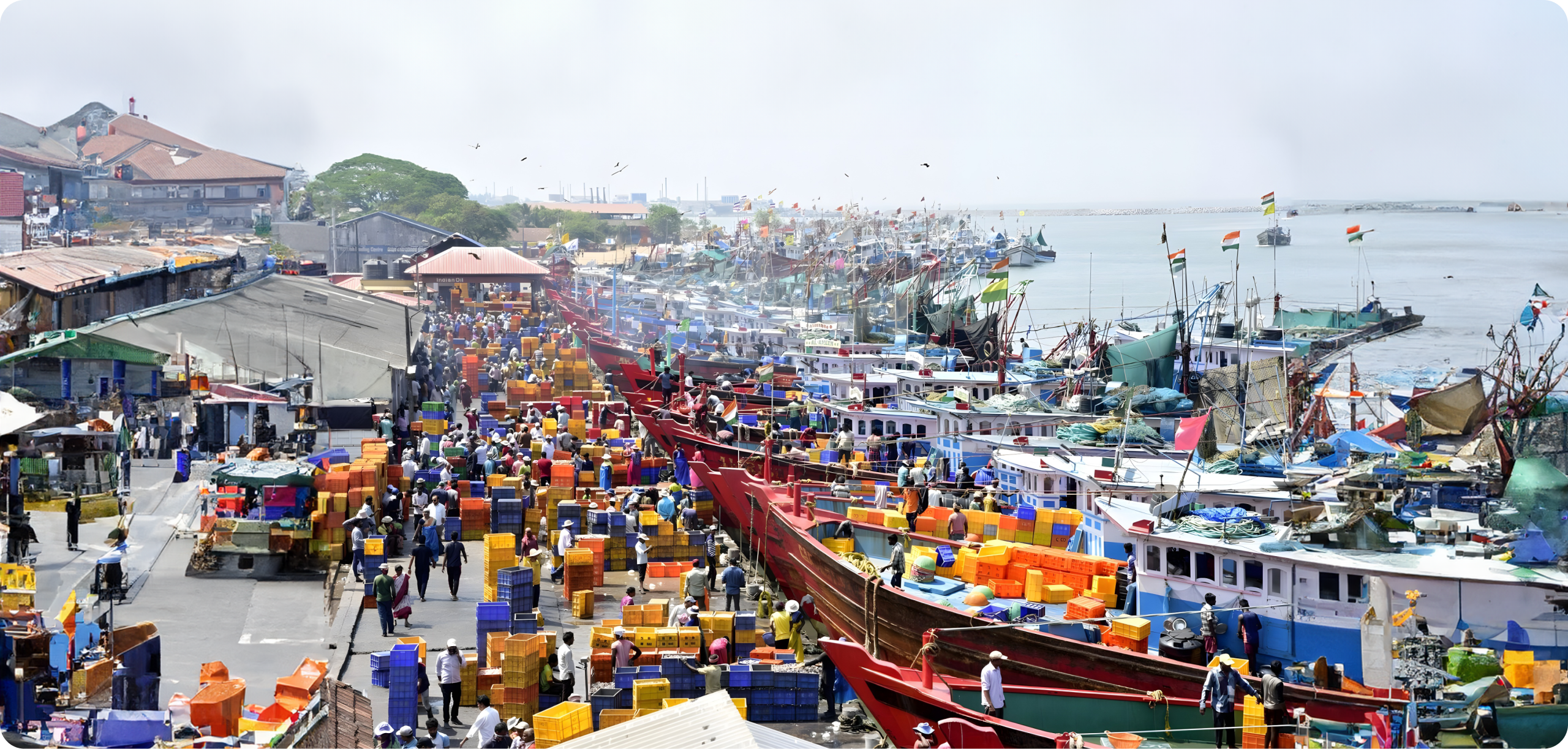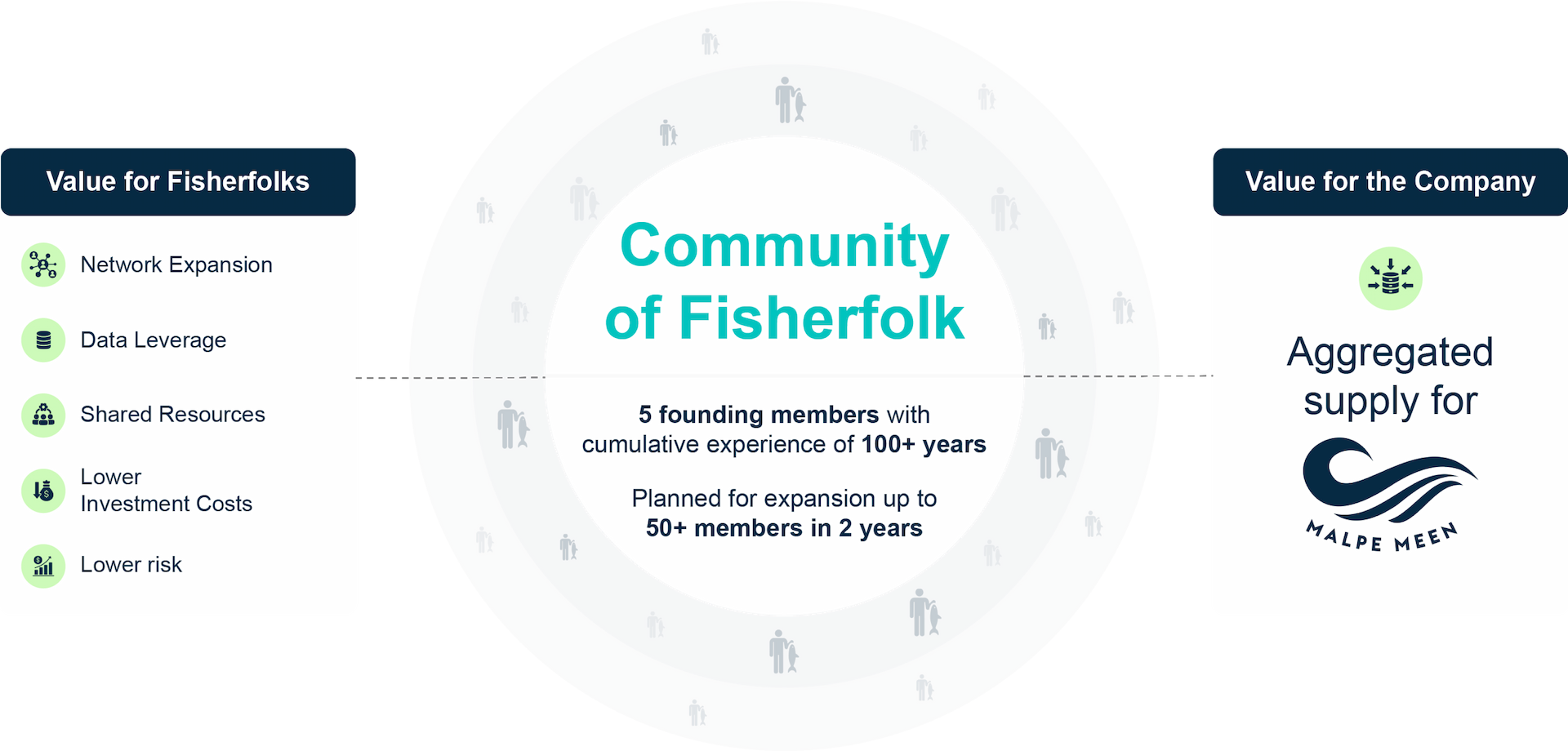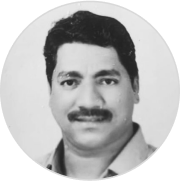Malpe Meen: Empowering Fisherfolk, Enriching Livelihoods, Enabling Sustainability
The Need for a Producer Led Collective

0
Malpe's households are predominantly engaged in the fishing industry.
₹5 - ₹8Cr
Malpe's daily fish sales highlight its crucial role in the seafood industry.
0+
Boats are engaged in fishing in the Malpe Harbour
Concept of Malpe Meen

Our Vision
Harnessing collective power, information and technology to create a blueprint for a thriving, resilient seafood supply while empowering India's fishing community
₹0Cr+
Market potential for the seafood industry in India
0Lakh +
Indian homes transformed by the seafood industry
0Dimensions
This industry has impacted Food, Tourism, Sustainibility and Community.

Our Mission
Ensuring fresh & quality seafood through an innovative & robust business model to ever-growing Indian and export markets.
The Vision for Malpe Meen

The Charter for Malpe Meen
Malpe Meen intends to create a digital platform that would facilitate -
Direct market linkages for the fishing produce of Malpe
Better Value realization for the fish sellers of Malpe translating to higher and more stable incomes
Less wastage in the supply chain due to a better understanding of the demand for fish, through data driven analysis.
Better and optimized fishing practices with the help of satellite technology that helps identify schools of fish. This would result in a better catch and also minimize the uncertainity associated with a fishing expedition
Establish a template that can be used, not just by other fishing communities, but also for other products around which producer led collectives can be created

Malpe Meen emerges not just as a solution, but as a catalyst for growth, propelling the Malpe fishing community toward a future where digital adaptation is synonymous with growth and increased value creation.
The Core Founding Team

Sameer Moidin
Founder & Director
B.com & Diploma(Airlines & Travel), Fish Trader, 30 years of experience
With 25 years of experience in the fishing industry, Shammi has expanded UM Fisheries (established in 1974) and forged key partnerships, including an exclusive supply agreement with Atlas Fisheries in Goa.

Ravi Bangera
Co-Founder & Promoter
Fish Trader & Boat Owner, 30 years of experience in the industry
Ravi began his career as a boat helper and eventually started his own fishing company. He now supplies export factories and retail markets, with a strong presence in Bangalore.

Lakshmeesha Karkera
Co-founder & Promoter
Fish Trader & Boat Owner, 25 years of experience in the industry

Prabhakar G. Kundar
Co-founder & Promoter
Fish Trader, 20 years of experience in fishing

Ravi Haldipur
Founder & Director
BE, MBA(USA), 25 years of experience in multiple industries

Anup Pai
Advisor & Mentor
The Fishing Industry in India
0%
India accounts for a significant share of the world's fish production.
0MMT
India’s total fish output for the fiscal year 2020–21.
0Cr
India’s marine product exports for the fiscal year 2020–21.

Indian government aims to increase fish production from 140 lakh tonnes to 220 lakh tonnes by FY 2025.
India has 191,024 km of rivers and canals, 1.2 million ha of floodplain lakes, 2.36 million ha of ponds and tanks, 3.54 million ha of reservoirs, and 1.24 million ha of brackish water resources.
India is the world's second-largest aquaculture nation and the third-largest fish producer after China.
The US accounts for 41.15% of Indian seafood imports, worth US$ 24.05 billion in FY 2020–21.

The Blue Economy Vision for Malpe Meen
The Blue Economy encompasses a wide range of economic activities pertaining to sustainable development of resources and assets in our oceans, rivers, water bodies and coastal regions.
The oceans have been providing the mankind with food, energy, maritime transport and recreation. They have also been supporting key planetary functions: producing half of the oxygen, absorbing one third of the carbon dioxide emissions, hosting close to ninety percent of biodiversity, water cycle and climate stabilisation. The oceans have been exceptionally generous to the mankind and can certainly continue to do so and much more. According to the UNSG, sustainable management could help oceans produce six fold more food and forty times more clean energy.


